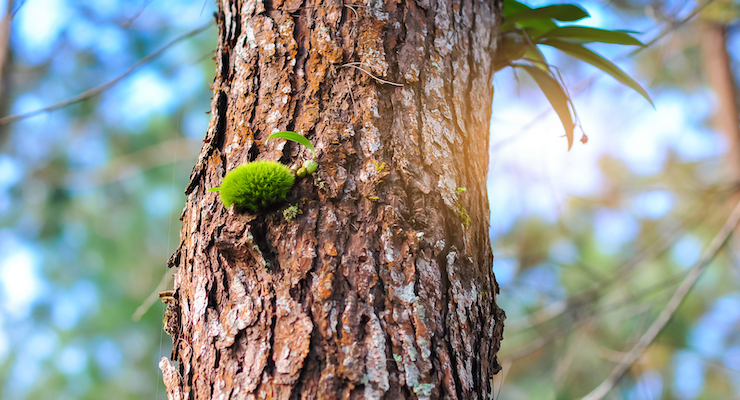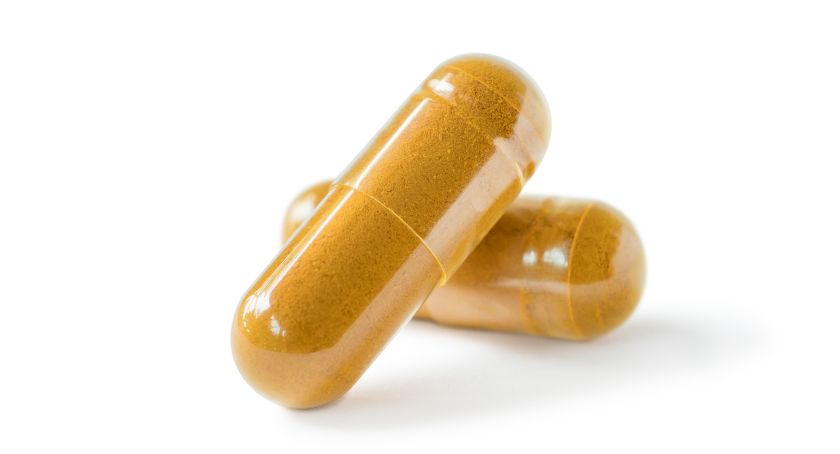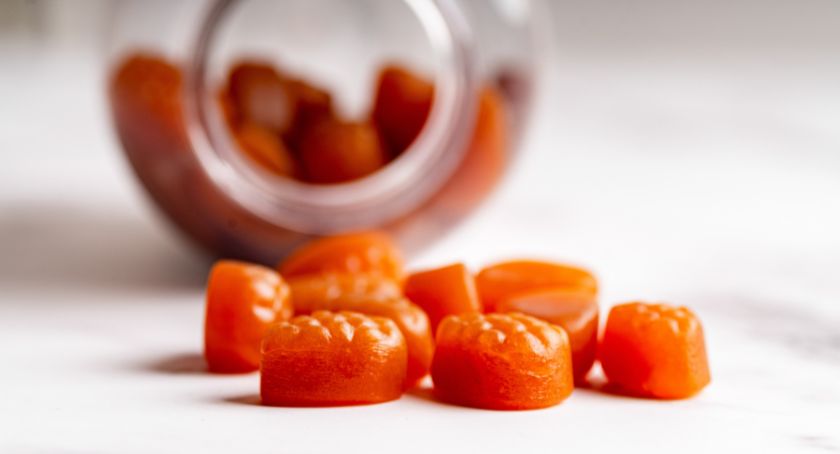Market Updates, Research
French Maritime Pine Bark Extract Linked to Reduction of Recurrent UTI
Pycnogenol outperformed in reducing infection occurrence and decreasing symptoms compared to cranberry extract, a well-known anti-UTI ingredient.

By: Mike Montemarano

Pycnogenol, a proprietary French maritime pine bark extract from Horphag Research, was shown in a recent clinical study to attenuate urinary tract infections, with supplementation resulting in a reduced number of urinary tract infection episodes, an increased number of infection-free and symptom-free UTI patients, and a decrease in oxidative stress among patients with UTI.
The open pilot registry study found that the potently antioxidant compound was also able to reduce the number of episodes and decrease oxidative stress in patients with interstitial cystitis (IC), a chronic, painful bladder condition which is often mistaken for UTI due to similar symptoms, but occurs in the absence of infection.
Recurrent UTI is defined as three episodes per year, or two episodes within a six-month period. Approximately 50% of women contract at least one UTI in their lifetime, with 25-30% of women experiencing at least one episode of recurrent UTI. Approximately 12% of men will experience UTI in their lifetime, which, combined, amount to 10 million visits to health care providers each year.
The study, which appeared in Evidence-Based Complementary and Alternative Medicine, included 64 participants between the ages of 35 and 41 who reported at least three symptomatic urinary tract infections in the past year, reported at least two urinary tract infections in the past six months, or reported symptoms of UTIs with no bacterial infection, such as interstitial cystitis.
Three groups were tested for this study – over 60 days, the groups were administered either a daily dose of 150 mg Pycnogenol, a dose of 200 mg cranberry extract (as a comparison product), or a standard management routine which included hygiene, bladder care, mild exercise, and avoiding substances that could trigger UTI symptoms.
The most significant improvements to recurrent UTI and interstitial cystitis were observed in the Pycnogenol group, which had a 62% reduction in the number of UTI/IC episodes (vs. 45% in the cranberry group and 29% in the control group), a 100% rate of infection-free urine (vs. 35% of participants in the cranberry group and 36% of participants in the control group) a 91% elimination of symptoms (vs. 80% in the cranberry group and 82% in the control group), and, finally, an 11% decrease in markers of oxidative stress (compared to a 4% decrease in the cranberry group and a 2% decrease in the control group).
“Patients who suffer from recurrent urinary tract infections often experience painful, disruptive symptoms including pain, burning, and itching in the pelvic area, and a constant need to go to the bathroom. This study shows Pycnogenol, a natural ingredient, may reduce those symptoms,” Dr. Steven Lamm, MD, researcher, internist, and sexual health expert speaking for Pycnogenol, said. “It is important that we reduce the use of antibiotics in the management of recurrent urinary tract disorders. This study presents a potential natural alternative to antibiotic use. Pycnogenol is known as an effective anti-inflammation agent. Important findings here that require further research.”




















